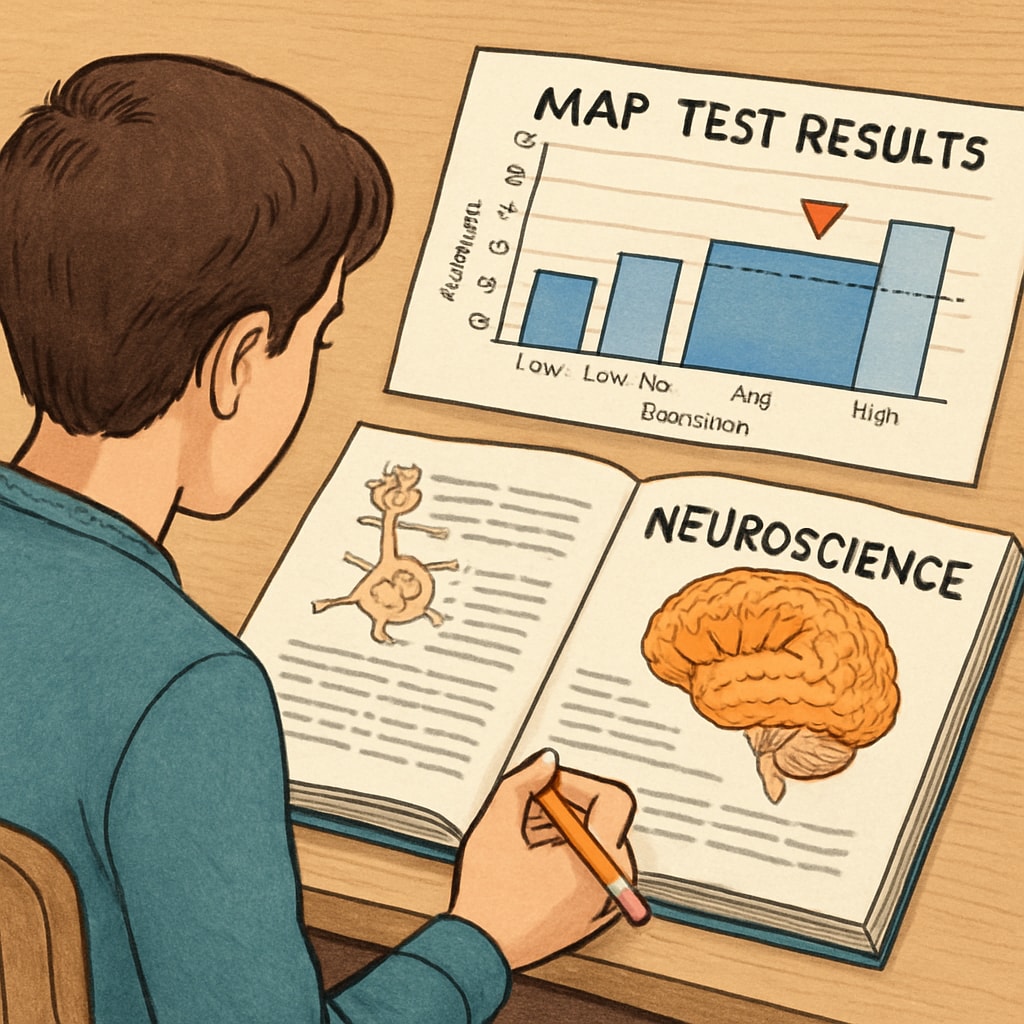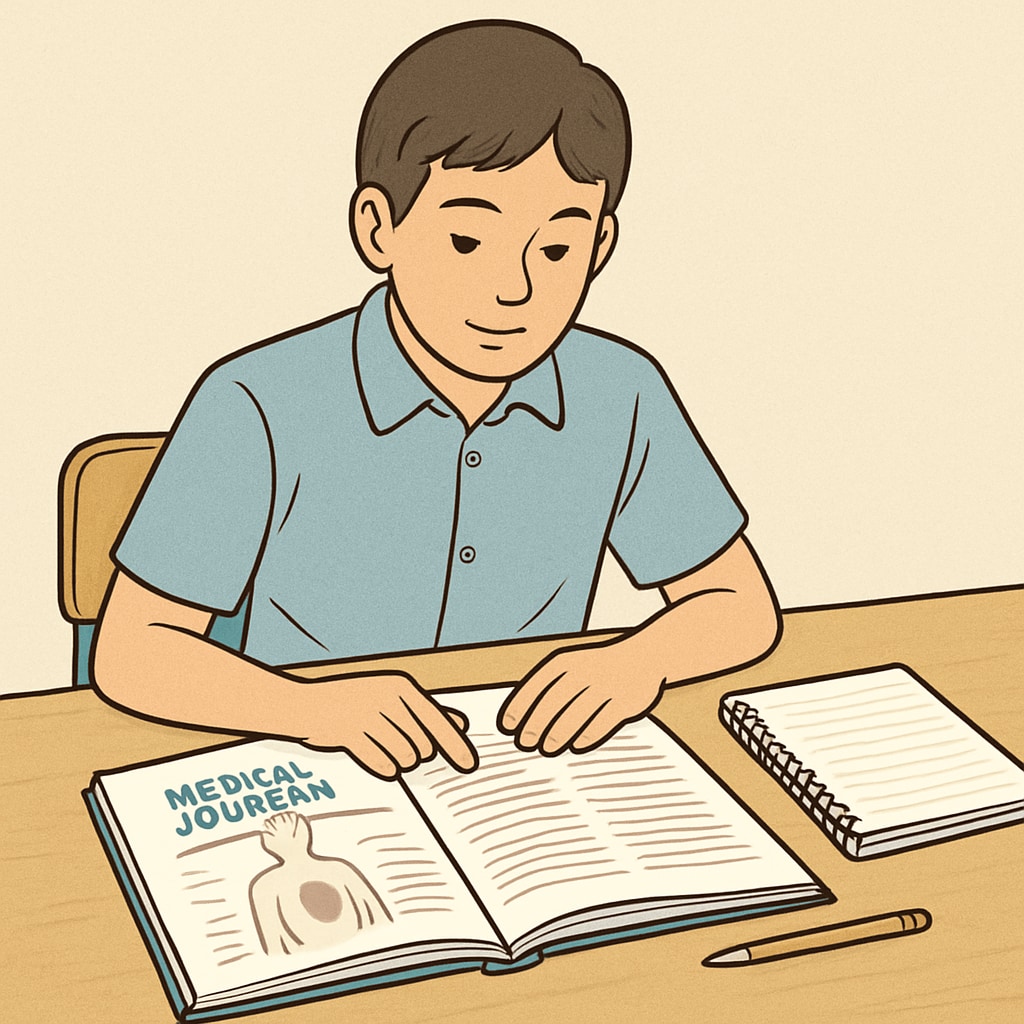For K12 students with dreams of becoming neurosurgeons, the journey often begins far earlier than medical school. Combining robust academic performance with targeted learning supplement strategies is critical for success. In this article, we explore how high-achieving students can leverage personalized learning resources, including MAP testing (Measures of Academic Progress), to set the foundation for a neurosurgery career. With a focus on enhancing reading comprehension, deepening subject knowledge, and fostering practical skills, we’ll outline actionable steps to go beyond the standard classroom curriculum.
Developing a Strategic Foundation with Personalized Learning
Neurosurgery is one of the most demanding medical fields, requiring years of rigorous training and expertise. For students aiming to excel in this field, personalized learning is key. Personalized learning allows students to tailor their educational experiences to align with their individual strengths, interests, and career goals. This approach is particularly valuable for aspiring neurosurgeons, who need to master complex subjects such as biology, chemistry, and physics early in their academic journeys.
One effective tool for assessing a student’s progress is MAP testing. This adaptive assessment measures a student’s academic growth over time, providing insights into areas where additional support may be needed. By analyzing MAP test results, students and educators can identify specific subjects or skills to focus on, ensuring that foundational knowledge in core areas is solidified.

In addition to standardized testing, students should seek out advanced coursework, online learning platforms, and mentorship opportunities to deepen their understanding of relevant subjects. For example, high school students can enroll in Advanced Placement (AP) or International Baccalaureate (IB) courses in science and math, while also exploring supplementary resources like Khan Academy and Coursera.
Enhancing Reading and Analytical Skills for Medical Success
Strong reading and analytical skills are essential for future neurosurgeons, as much of their training involves interpreting complex medical texts, research articles, and case studies. To build these skills, students should prioritize reading materials that challenge their comprehension and critical thinking abilities. Recommended resources include medical journals, neuroscience textbooks, and biographies of influential surgeons.
Students can also improve their reading efficiency and retention through targeted strategies, such as:
- Practicing active reading techniques, such as highlighting key points and summarizing paragraphs.
- Engaging in discussions about what they’ve read to reinforce understanding.
- Using flashcards and digital tools to memorize medical terminology and concepts.

Additionally, participating in extracurricular activities like debate clubs or science fairs can sharpen both communication and analytical skills, which are vital for success in the medical field. These activities provide a platform for students to develop confidence in presenting their ideas and solving practical problems.
Building a Holistic Approach to Career Preparation
While academic achievements are fundamental, aspiring neurosurgeons should also focus on developing a well-rounded skillset. Hands-on experiences, such as shadowing medical professionals or volunteering at healthcare facilities, can provide invaluable insights into the daily responsibilities of a neurosurgeon. These experiences help students understand the challenges and rewards of the profession, reinforcing their commitment to pursuing this demanding career path.
Furthermore, students should cultivate soft skills such as time management, teamwork, and emotional resilience. Neurosurgery requires not only technical proficiency but also the ability to work collaboratively in high-pressure environments. By participating in group projects, leadership roles, or athletics, students can develop the interpersonal skills needed for long-term success.
Conclusion: Turning Ambition into Achievement
Pursuing a career in neurosurgery is no small feat, but with the right resources and strategies, high-achieving students can turn their aspirations into reality. By leveraging personalized learning, utilizing tools like MAP testing, and engaging in hands-on experiences, K12 students can build a strong foundation for their future endeavors. As they progress, the combination of academic excellence, critical thinking, and real-world exposure will prepare them to excel in medical school and beyond.
For those ready to go beyond the ordinary, the journey to becoming a neurosurgeon starts today—with curiosity, discipline, and a commitment to lifelong learning.


